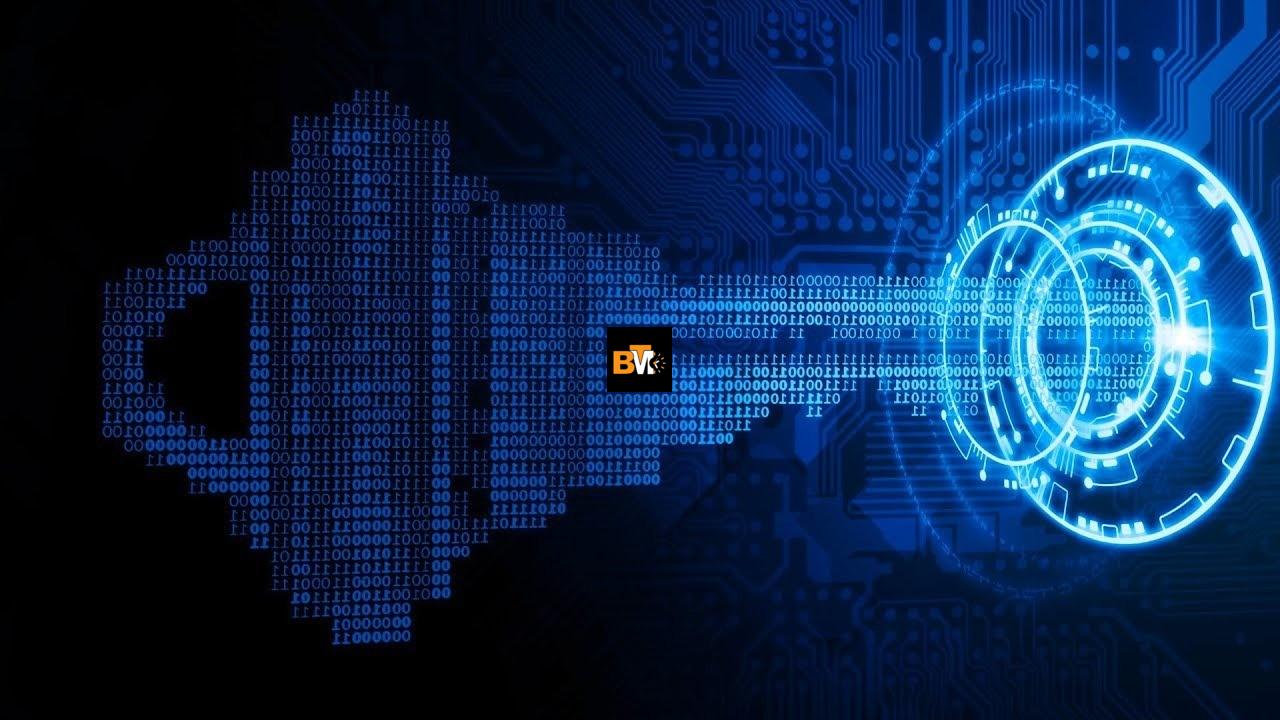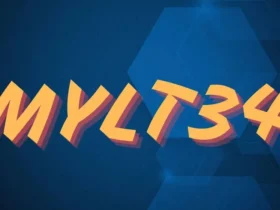Data security has been a major concern across all disciplines of the economy now that data is central to all functions. Traditional encryption methods rely on mathematical complexity. However, they face a growing threat from computers that are getting more powerful, like quantum computers. It means that at some point, computers may solve these mathematical complexities.
Scientists are looking at quantum mechanics to offer the next-level solutions. One of the advancements in this end is the quantum key distribution (QKD). This innovative technology leverages the principles of quantum physics to create cryptographic keys that are unbreakable. In this article, we shall explore the fundamentals of QKD and how it can be used across different industries.
What is the Problem with Cryptography?
Cryptography systems like AES and RSA rely on creating complex mathematical problems that computers are unable to compute effectively. So, it becomes hard for hackers to gain access to such digital assets. However, there has been a steady growth in quantum computing. Soon, these capabilities will be available for general ease. This means that these security features may one day be broken in by supercomputers.
This looming threat puts everything at risk, from your banking information and health records to personal data saved on gaming websites, such as those table games explained by. In contrast, quantum key distribution offers a fundamentally different approach, rooted in the immutable laws of physics rather than mathematical conjectures, as explained below.
What Is Quantum Key Distribution?
Quantum Key Distribution uses quantum particles, such as photons, to deliver data for account verification. The general process involves the use of qubits, also called quantum bits, over a given communication channel. This is usually done over fiber-optic cables or free-space optics. The qubits encode all the key information required for verification. The unique properties of the quantum bits guarantee that any attempt to measure them or intercept the data always introduces detectable disturbances.
Example of QKD Protocol, BB84
The most well-known QKD protocol is BB84. This protocol was developed by Charles Bennett and Gilles Brassard in 1984. It uses two sets of quantum states, each representing binary values (0 and 1), to transmit the verification key. When transmitting data, the sender (Angel) encodes random bits into the polarization states of photons. She then sends them to the receiver (John). John measures the photons using randomly chosen bases, some matching Angel’s encoding.
Afterward, Angel and John compare notes over a public but authenticated channel to determine which measurements were successful. They then discard the rest of the data. If there are any eavesdropping attempts by a third party (Eve), it would disturb the quantum state. This would alert Angel and John to the breach.
Is QKD Unbreakable?
QKD is unbreakable as it uses the fundamental principle of quantum mechanics.
No Cloning Theorem
It is impossible to create an exact copy of an unknown quantum state. This means that Eve (in the example above) cannot duplicate the qubits being transmitted without altering their properties. This is a failsafe method to ensure that no tapping or hacking takes place.
Entanglement
Many QKD protocols utilize entangled particles. This means that their states remain correlated regardless of the distance that they are being transmitted. Any interference with one particle affects the other. So, it provides an additional layer of security, as no interference can go undetected.
Wavefunction Collapse
The process of measuring a quantum particle forces it into a definite state. It destroys any superposition in the transmission. If Eve tries to observe the qubits during transmission, her actions definitely leave traces that Angel and John can detect. This makes it challenging to observe the transmission undetected.
Overall, it is clear that QKD provides unconditional security. The effectiveness of the security feature doesn’t depend on any computational power of possible computers that will try to hack into the system.
Applications of the Technology
While this technology is still in its infancy, it has several practical applications in various domains. Here are some of the possible applications.
Military and Government Communications
Governments and military organizations handle highly sensitive information that requires absolute security. QKD offers a way to protect classified communications from both current and future cyber threats. They can detect any possible espionage before it occurs.
Given that this technology can work over long distances, it can be used across the world. Recently, China’s Micius satellite demonstrated long-distance QKD by establishing secure links between ground stations separated by thousands of kilometers.
Healthcare Data Protection
Healthcare records come with lots of sensitive information that can be used for phishing, blackmail and theft if it falls into the wrong hands. QKD can help hospitals and healthcare providers maintain the integrity and confidentiality of patient data, especially when transmitting it across networks like during referrals.
Gaming Industry
The gaming industry is a multi-billion-dollar sector with online multiplayer games, esports, virtual reality (VR), and cloud-based platforms. The organizations need to secure sensitive player data, financial transactions, and intellectual property. QKD may enhance security in several ways:
Secure Multiplayer Communication: In competitive esports tournaments, secure communication channels help maintain fairness and prevent cheating. Well-protected communication systems prevent any assistance when millions are at stake.
Protecting Financial Transactions: Micro transactions and in-game purchases require robust encryption to protect players’ payment details. QKD provides the security required to ensure this.
Challenges Facing Quantum Key Distribution
Several challenges are causing the security technology not to be used, despite the promising advantages. Here are some of the challenges.
Distance: Despite breakthroughs in quantum signals, as in the case of the China satellite example, the signals tend to degrade over long distances due to noise pollution. This means repeaters would be needed over long distances.
Complexity and Cost: QKD equipment is quite expensive. Setting and troubleshooting the system is equally demanding, which makes it not feasible for most organizations.
Integration: Most organizations would need to overhaul their systems to incorporate the new technology into their operations.
QKD is a promising security technology of the future. While still in its infancy, it has a simple, yet effective way to ensure data is protected. However, its complexity, cost and distance are likely to make implementation a problem.





Leave a Reply